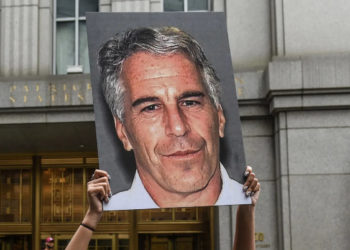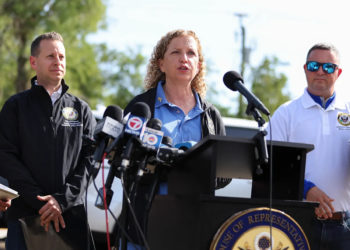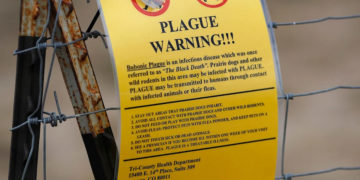Missing Camp Mystic Counselor Katherine Ferruzzo’s Remains Found 7 Days After Texas Floods
NEED TO KNOWKatherine Ferruzzo, a Camp Mystic counselor, was found dead on Friday, July 11, her family confirmed in a...
DHS Secretary Kristi Noem says Trump wants FEMA ‘remade,’ not dismantled
Homeland Security Secretary Kristi Noem said Sunday that President Donald Trump wants the Federal Emergency Management Agency “remade” rather than...
The EU is delaying retaliatory tariffs on US goods in hopes of reaching a deal by Aug. 1
BRUSSELS (AP) — The European Union will suspend retaliatory tariffs on U.S. goods scheduled to take effect Monday in hopes...
Trump says he’s considering revoking Rosie O’Donnell’s citizenship, reigniting decades-long feud
President Donald Trump reignited a decades-long feud with comedian Rosie O’Donnell Saturday, taking to his Truth Social platform to write...
Before Butler, Secret Service denied requests to bolster Trump’s security, report says
Sen. Rand Paul, the author of the Senate report, will join "Face the Nation with Margaret Brennan" at 10:30 a.m....
Trump faces a revolt from his MAGA base over the Epstein files
TAMPA, Fla. — On the weekend President Donald Trump decided to pick his biggest political fight to date with the...
Unconventional relationship holds answers to violent Florida murder
This story originally aired on Oct. 19, 2024. It was updated on July 12, 2025.In April 2018, in the sleepy...
Ukraine’s security agency says it killed Russian agents suspected of gunning down its officer
KYIV, Ukraine (AP) — Ukraine's security agency said Sunday it tracked down and killed Russian agents suspected of shooting one...
Here’s how a $1,000 ‘Trump account’ could swell to $100,000 by age 21—and $2 million by 60—even with modest contributions from families
The One Big Beautiful Bill that was signed into law last week includes a provision for so-called Trump accounts that...
Lena Dunham says Taylor Swift is responsible for one of her favorite ‘Too Much’ moments
Spoiler alert! The following story contains major details about the ending of "The Idea of Glue," the 10th episode of...















